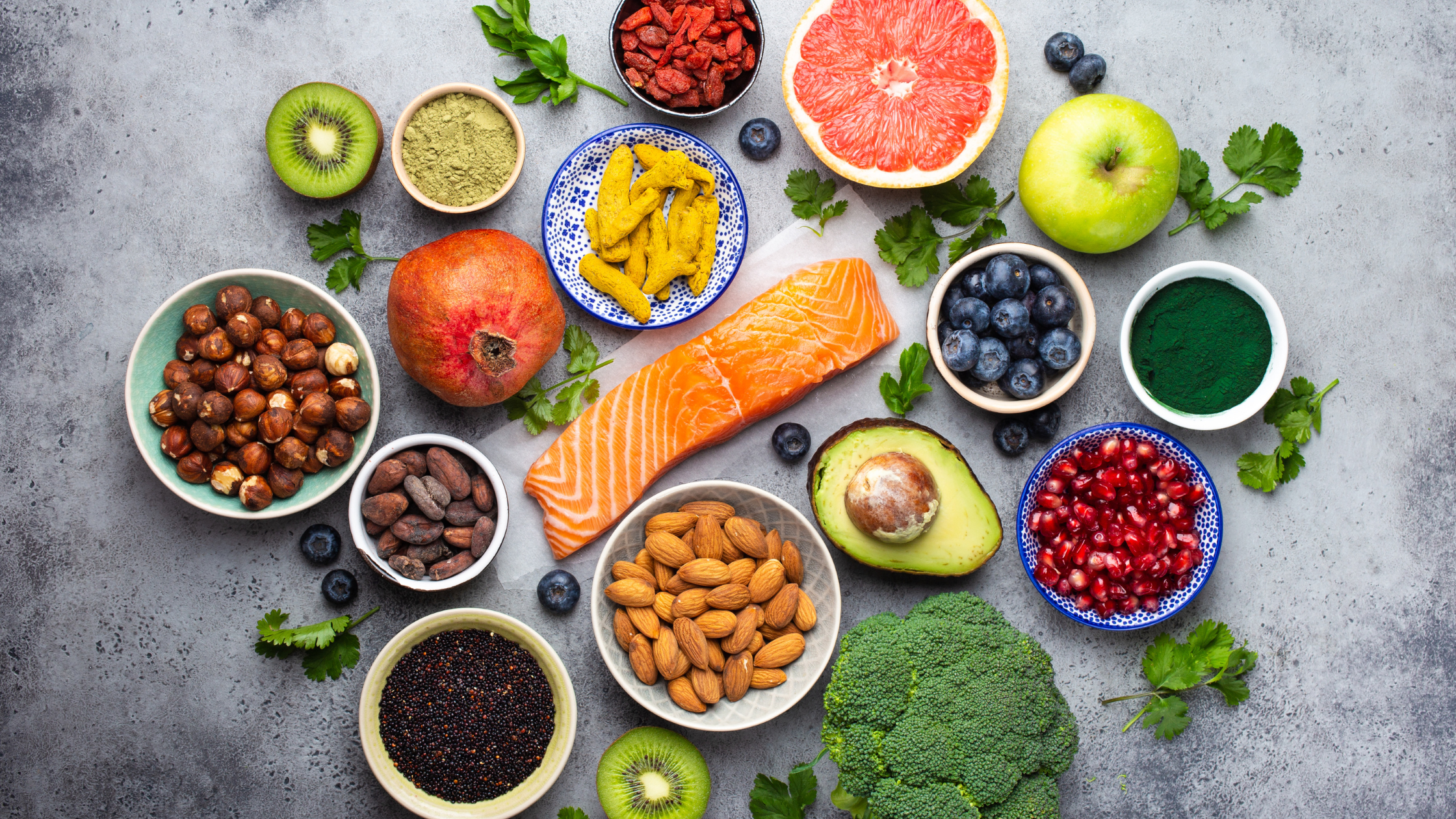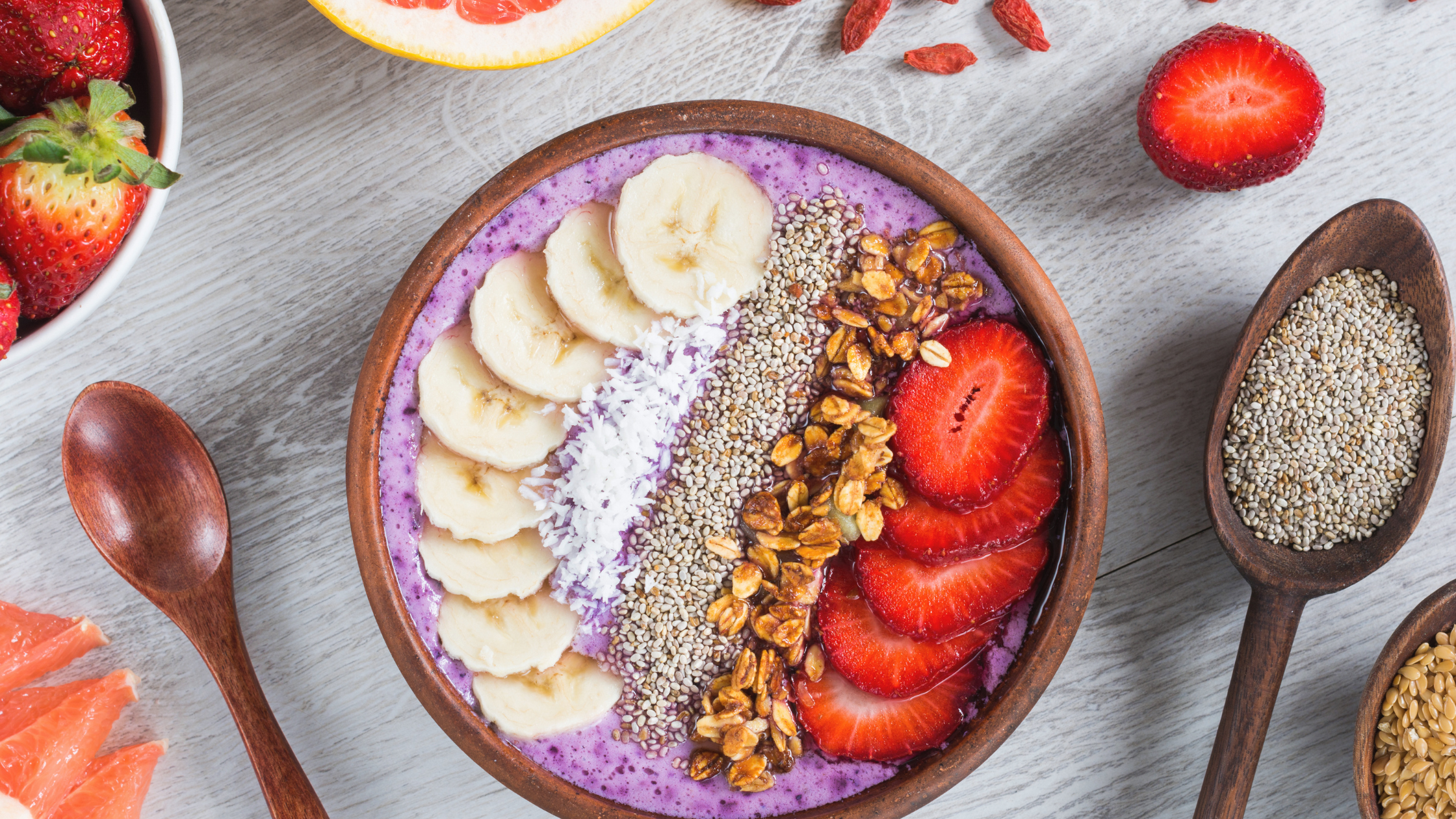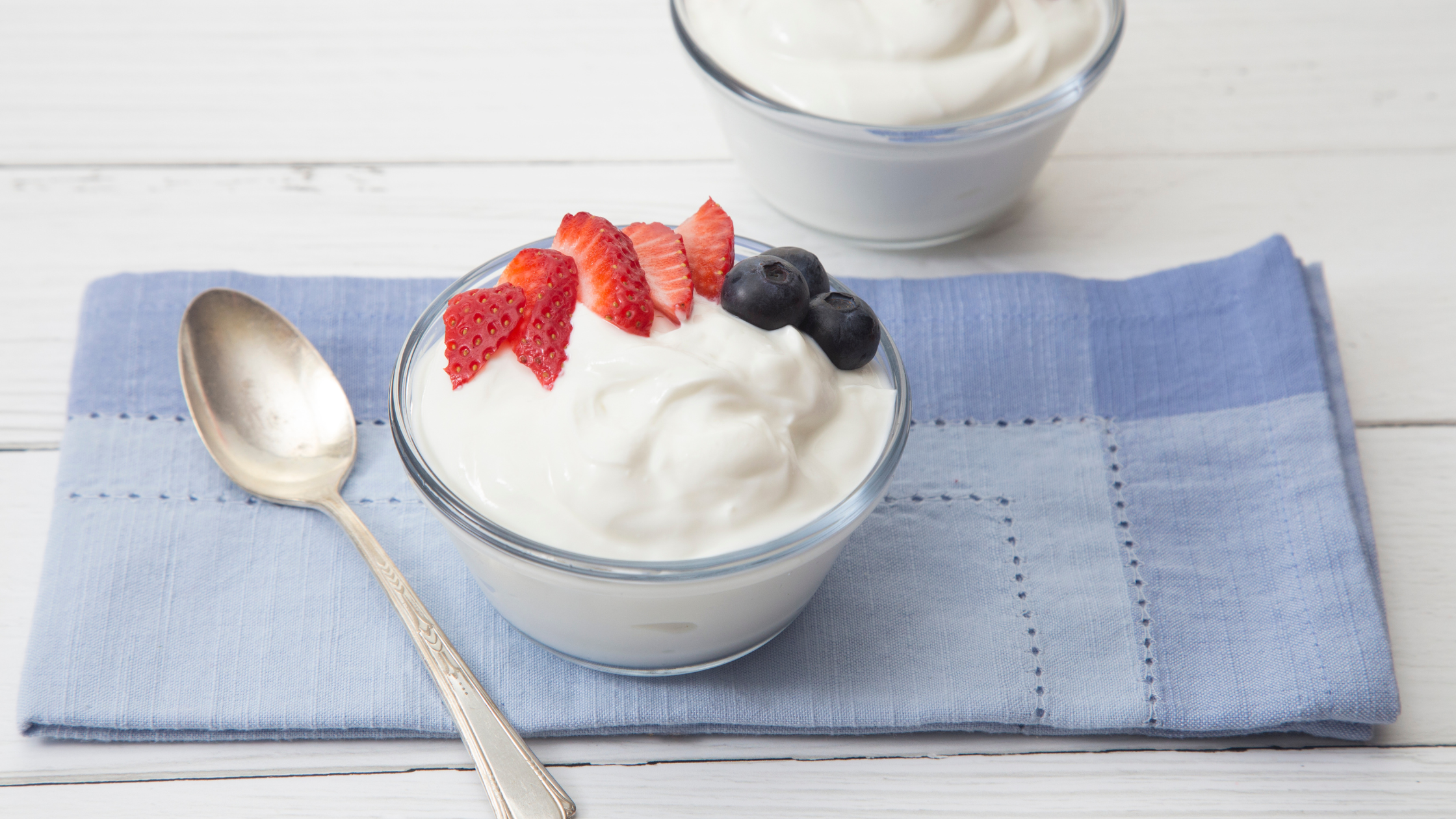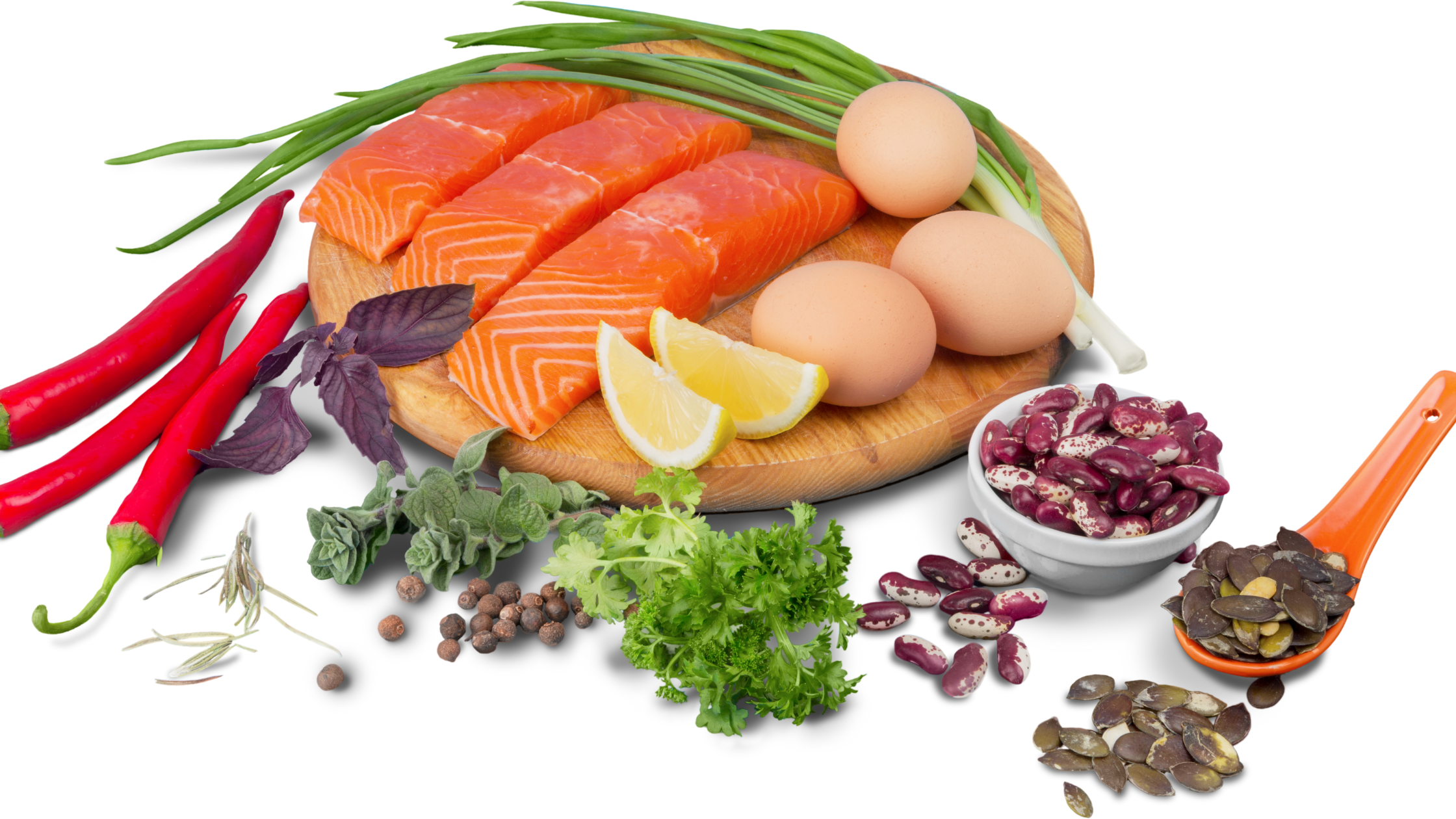5 Best Superfoods for Older Adults
Written by TYE Medical on Mar 26th 2024
You are what you eat. While this idea might be overblown, it’s not a baseless claim. Good health has a lot to do with your diet. A healthy, well-balanced diet boots and maintains health, even when other factors like genetics emerge. And as you age, the foundation of a nutritious, beneficial diet is even more critical as chronic illnesses become more likely.
Additionally, a nutritious diet can help offset natural decline, helping you to maintain strength, cognitive function, and bone mass. You can give yourself an edge when you choose nutrient-dense foods that boost areas of health more efficiently. You can only eat so many calories in a day, so making each one count can tremendously impact your physical well-being.
Here, you’ll find a list of superfoods, their benefits, and what foods contain them.
What Are Superfoods?

Science doesn’t define “superfoods” or categorize food based on this concept. However, nutrition experts use this term to distinguish foods that are more “nutrient dense” than others and are therefore more beneficial to health. In other words, these foods pack the most punch in terms of nutrition.
They are “functional foods” that contain more nutrients than other foods. Functional foods are essentially foods that have meaningful nutritional value. For example, an apple is a functional food, but potato chips aren’t. Superfoods are considered the stars of functional foods.
Why Should Seniors Eat More Superfoods?

As a senior adult, your body is in another season of change as your various systems shift into decline. You need fewer calories and are more prone to disease and decreased function. This means you have fewer calories available to deliver nutrition to your body. Rather than eating 1,500 calories of nutrient-poor foods, you should focus on eating the same amount of calories in the form of nutrient-rich foods. This can help sustain and boost your health as you face the challenges of aging.
Why do older adults need fewer calories?
Aging affects your digestive system, slowing motility, which means food passes through your system more slowly. Your body also digests and absorbs nutrients less efficiently. This means that it’s best not to overload your system with food and calories, and the nutrients you consume aren’t absorbed into your system as effectively as they once were. You must eat more nutrients to compensate for the lack of efficient absorption and distribution.
The loss of muscle mass as you age means you’re naturally burning fewer calories. This combined with other changes that make older adults less active than in previous years means that overall calorie needs are lower. And yet, your nutritional needs increase. This is where superfoods serve an important purpose for senior adults.
1. Green, Leafy Vegetables Are a Superfood

Green leafy veggies are packed with antioxidants that remove free radicals from your body. These unstable molecules build up in your cells and damage the cells around them. This process is known to cause many diseases associated with aging like heart disease, diabetes, and cancer.
You can lower your risk of developing these diseases when you minimize free radicals. Superfoods such as leafy greens fight to rid these foes from your body and are a great ally in the fight against unhealthy aging and disease.
Leafy greens are also high in vitamin K, which helps protect you from osteoporosis and blood clots. Other notable nutrients packed inside this superfood include folate, magnesium, and potassium.
According to The Dietary Guidelines for Americans, seniors should eat 2.5 cups of vegetables and 2 cups of fruit daily. Several days per week, including dark, leafy greens like these into your diet:
- Arugula
- Bok choy
- Chard
- Collard greens
- Kale
- Spinach
- Swiss chard
- Watercress
2. Certain Berries Are a Superfood

All berries contain high amounts of antioxidants but some excel in this area. Examples of superfood berries include:
- Blueberries
- Cranberries
- Goji berries
- Strawberries
- Blackberries
- Raspberries
While all are legitimate superfoods with incredible antioxidant benefits, blueberries steal the show. Their specific nutrient profile indicates that they also help fight cognitive decline and age-related memory loss.
Just be sure to eat your berries fresh or frozen rather than with lots of added sugar. Otherwise, you’re working against yourself as the sugar promotes all the health negatives you’re trying to address with superfoods.
Try to eat a half cup of blueberries, or the berry of your choice, daily.
3. Salmon and Fatty Fish Are a Superfood

Salmon is a fatty fish that is high in omega-3 fatty acids that help lower your risk for heart disease. But it’s also high in protein, which is necessary for maintaining muscle mass and strength as you age. Protein is a macronutrient that’s processed less efficiently with age. So, it’s important to eat protein-rich foods to ensure you meet your daily needs. To learn more, read our article, 10 Protein Myths to Leave Behind for Good.
This combination of omega-3 fatty acids and protein make salmon and similar fatty fish a type of superfood that boosts health as you age. But it’s also packed with selenium, vitamin D, and other important vitamins.
An easy salmon recipe includes baking it on a sheet pan with potatoes and asparagus. Season as desired and cook at 400 degrees. Bake the potatoes first for about 10 minutes before adding the salmon and asparagus, baking for another 15 minutes.
4. Eggs Are a Superfood

Feeling confused about the benefits of eggs? For a while, there was a wide-reaching campaign against the now revered food. It claimed that eggs raised cholesterol significantly and should be avoided. This led to people eating “egg whites only” to avoid artery-clogging consequences. But is that necessary?
According to Harvard Medical School, all the panic about eggs isn’t necessary. Large, reputable studies have found that most of the cholesterol in our bodies is produced by our liver when we consume saturated and trans fats. What we most want to minimize is saturated fats and not dietary cholesterol. The conclusion is that an egg a day, provided it’s not paired with foods high in saturated fat, won’t negatively affect your blood cholesterol.
You could potentially have more than one per day, but if you want to play it safe, there is little reason to think an egg each day would harm your health.
But don’t skip the yoke! This is where all the nutrients reside. These key nutrients include high doses of selenium, which help you fight free radicals and infection. Eggs also contain vitamin D, B12, and choline, which regulates mood and memory. And all these benefits with only 1.6 grams of saturated fat per large egg!
5. Plain Greek Yogurt Is a Superfood

Notice it is plain Greek yogurt that is most beneficial. When you buy it with added sugar, you’re subtracting much from its benefits as the sugar negates some of the positive effects on gut health (probiotics) and promotes the age-related disease you’re trying to prevent by eating the superfood.
You can add some natural sweetness to your plain yogurt by adding another superfood such as berries. You can also try adding a small amount of natural sweetener like Stevia or Monk fruit to make it more enjoyable.
Greek yogurt is higher in protein than regular yogurt, and it’s a healthy way to consume lean protein that’s low in saturated fat. It’s also high in calcium, which is a huge benefit to senior adults who are trying to maintain bone mass and prevent osteoporosis.
Greek yogurt is also known as a key source for probiotics, which keep your digestive tract (gut) healthy. Your gut health can have a major impact on whole-body wellness. You can learn more from our article, How Gut Health Dramatically Impacts Your Life (and Tips for Keeping It Balanced).
If you’re lactose sensitive, you may still be able to enjoy the health benefits of plain Greek yogurt. Greek yogurt contains less milk-sugar lactose than other dairy products. And the “good bacteria” found in the probiotics consume much of the lactose present. You may find your system is more tolerant of Greek yogurt.
A good rule of thumb is to have about 6-8 ounces of plain Greek yogurt per day. If cholesterol is a concern, opt for nonfat, plain Greek yogurt to minimize saturated fat.
Focus Your Diet on Superfoods

If you want to live out your golden years with maximum health and be proactive, consider planning your meals and grocery store trips around key superfoods. Choose several per week to be your focus until you discover which ones are most enjoyable and easier to implement as part of your routine diet.
With a little forethought and planning, you can lay a foundation of nutrition that helps maintain the health you have, help you manage existing health conditions, or even prevent the onset of disease.
A great way to start your day is a superfood-rich breakfast smoothie. Try blending a cup of plain Greek yogurt, a half-cup of berries, a handful of kale or spinach. For added sweetness, you can include a splash of fruit juice or a tablespoon of Stevia or Monk Fruit.


